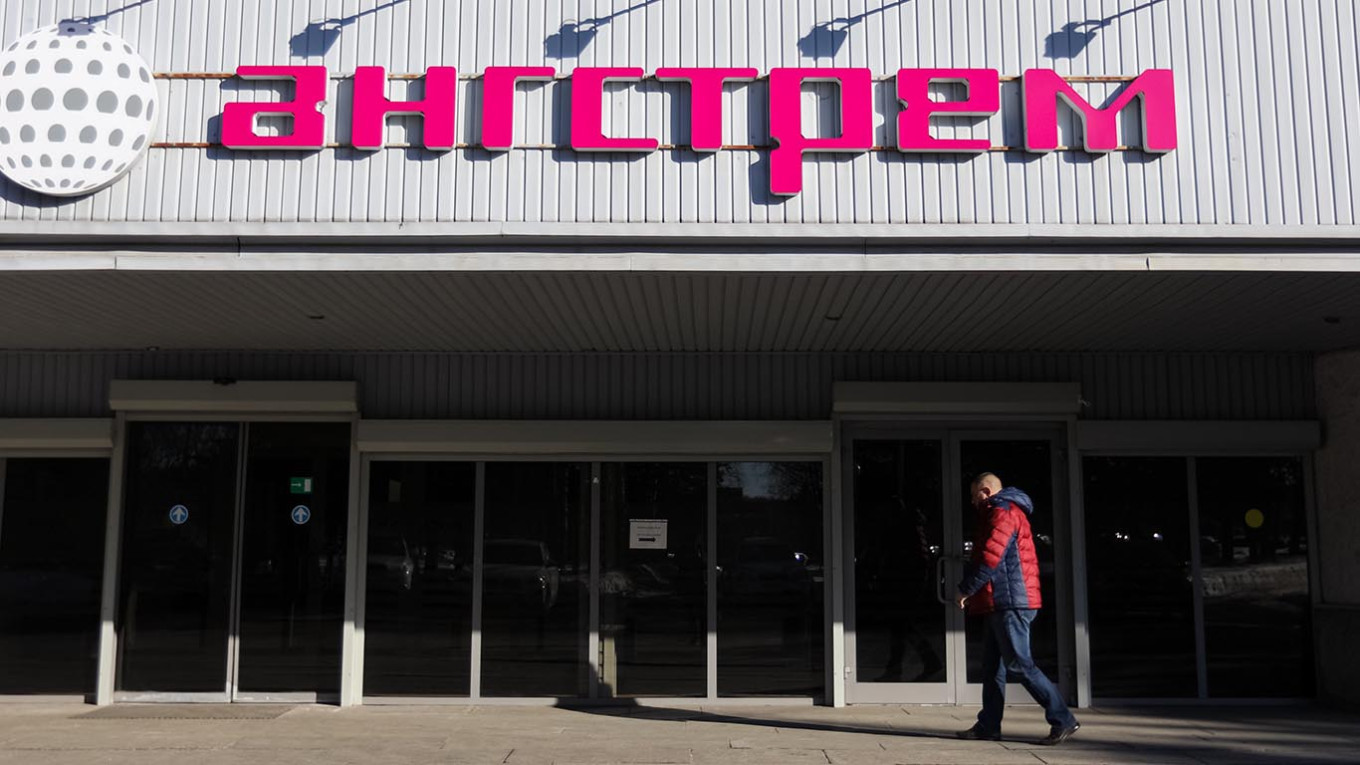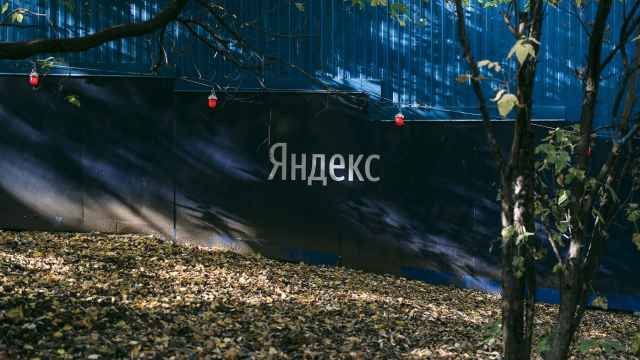Russian state-owned microchip maker Angstrem has been ranked the country’s most loss-making company in 2024, with a net loss of 236.3 billion rubles ($2.86 billion), Forbes reported in its latest ranking released Tuesday.
The bulk of the losses stemmed from the recognition of obligations to its parent company, state development bank VEB, worth 238.2 billion rubles ($2.88 billion).
With revenues of just 5 billion rubles ($60.5 million), Angstrem posted a net loss nearly 47 times larger than its turnover.
The chipmaker’s losses outpaced bank Trust (130.7 billion rubles, or $1.58 billion), power grid operator Rosseti (116.9 billion rubles, or $1.41 billion) and the Moscow Metro (107.7 billion rubles, or $1.30 billion).
State-owned firms in the top 10 accounted for 652.8 billion rubles ($7.91 billion) of losses, or 70% of the total.
Angstrem’s financial troubles date back to 2008, when the plant, then controlled by companies linked to ex-Communications Minister and presidential adviser Leonid Reiman, borrowed 815 million euros from VEB to launch production of processors, smart cards and electronic passports.
The project, billed as strategic, was expected to become Russia’s largest chip manufacturer and was backed by both the government and the Security Council.
But the plant never launched full-scale operations.
By 2014, tax authorities said Angstrem had effectively lost the ability to operate.
In January 2019, VEB seized the factory’s equipment and shares and filed for bankruptcy, with total claims against the company reaching 1.3 billion euros.
Last week, a court annulled the plant’s guarantee obligations on that debt, transferring its assets to VEB for a symbolic one ruble ($0.01).
Reiman has since distanced himself from the failed venture and faced no consequences.
His new company, Rutek, secured state support this summer to build a new plant in the Sistema special economic zone in Saransk, republic of Mordovia.
The multibillion-ruble project includes import substitution initiatives to produce smartphones, computers, tablets, laptops and telephone exchanges.
Rutek’s previous efforts at import substitution have raised questions. Its R-Phone, marketed as a domestic smartphone for government officials, turned out to be a rebadged Symphony Helio 80 from Bangladesh sold at three times the price.
A Message from The Moscow Times:
Dear readers,
We are facing unprecedented challenges. Russia's Prosecutor General's Office has designated The Moscow Times as an "undesirable" organization, criminalizing our work and putting our staff at risk of prosecution. This follows our earlier unjust labeling as a "foreign agent."
These actions are direct attempts to silence independent journalism in Russia. The authorities claim our work "discredits the decisions of the Russian leadership." We see things differently: we strive to provide accurate, unbiased reporting on Russia.
We, the journalists of The Moscow Times, refuse to be silenced. But to continue our work, we need your help.
Your support, no matter how small, makes a world of difference. If you can, please support us monthly starting from just $2. It's quick to set up, and every contribution makes a significant impact.
By supporting The Moscow Times, you're defending open, independent journalism in the face of repression. Thank you for standing with us.
Remind me later.






